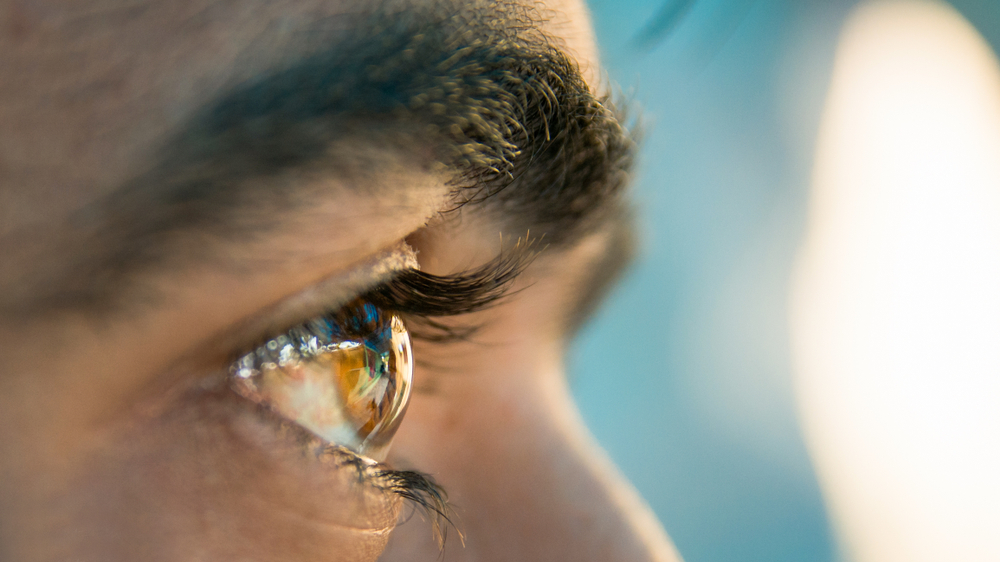
A brain injury can ruin your vision. You may see blurry or double, feel eye strain, or have headaches. You may also struggle with bright lights, reading, driving, or keeping your balance. But you are not alone. Millions of people have vision problems after a stroke, concussion, or other brain trauma.
Vision therapy is a personalized therapy of exercises and activities that can fix your vision after a brain injury. It trains your eyes and brain to work together more efficiently and effectively.
What Is Vision Therapy?
Unlike glasses or contacts, vision therapy does not just fix your eyesight. It improves your vision. It targets the cause of your vision problems and trains your eyes and brain to work better together. It also strengthens your eye muscles and coordination.
You cannot do vision therapy by yourself at home. A professional optometrist will test your visual function and create a tailor-made vision therapy plan.
The plan will have fun and challenging exercises and activities that boost your visual system. You will do them in the optometrist’s office and at home with their support and feedback.
How Does Vision Therapy Work?
Vision therapy uses neuroplasticity to improve your vision. Neuroplasticity is your brain’s superpower to change and adapt to new things. Vision therapy helps your brain make new connections and rewire itself when you do different tasks and challenges with your eyes. This makes your visual processing and perception better and also boosts your overall brain power.
Vision therapy also teaches you new ways to deal with your vision problems. For example, vision therapy shows you how to track, scan, and skim words better if reading is challenging for you after a brain injury. If you cannot judge distances or sizes well, it helps you use binocular cues, like convergence and stereopsis, to see more accurately.
What Are the Benefits of Vision Therapy?
Vision therapy can do wonders for your vision and life if you have vision problems after a brain injury. Here are some of the benefits you can enjoy:
See better and clearer
Feel less eye strain and fatigue
Align and coordinate your eyes better
Focus and concentrate more easily
Remember and recall more visually
Process and react faster visually
Be more confident and independent in daily activities
Vision therapy can also make you happier and healthier emotionally and mentally. Many people with vision problems after a brain injury struggle with frustration, depression, or isolation. It can help you beat these negative feelings by fixing your vision and giving you a sense of accomplishment and progress.
How Long Does Vision Therapy Take?
The treatment duration depends on different factors, such as:
The severity of your brain injury and vision problems
What you want to achieve
How much you follow and work on your plan
Vision therapy can take from a few weeks to several months or more. The secret to success with vision therapy is to be consistent and persistent.
Restore Your Visual Function with Vision Therapy Today
Vision therapy helps people restore their visual function after a brain injury and improve their quality of life. If you think that vision therapy might benefit you, do not hesitate to contact an optometrist today.
For more information on vision therapy, visit Lone Star Vision at our Plano or Celina, Texas, offices. Call (972) 378-4104 or (972) 382-2020 to schedule an appointment today.







